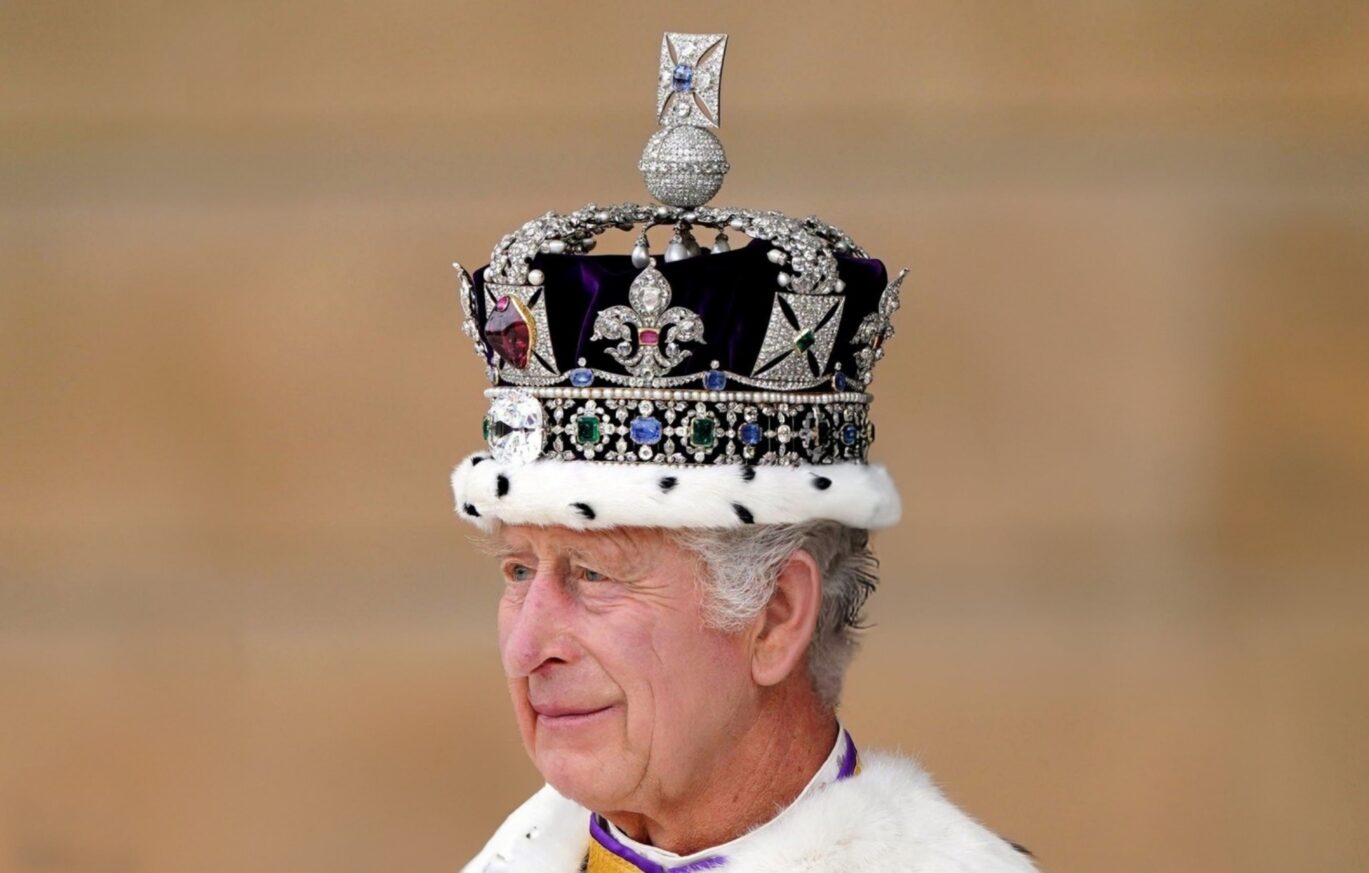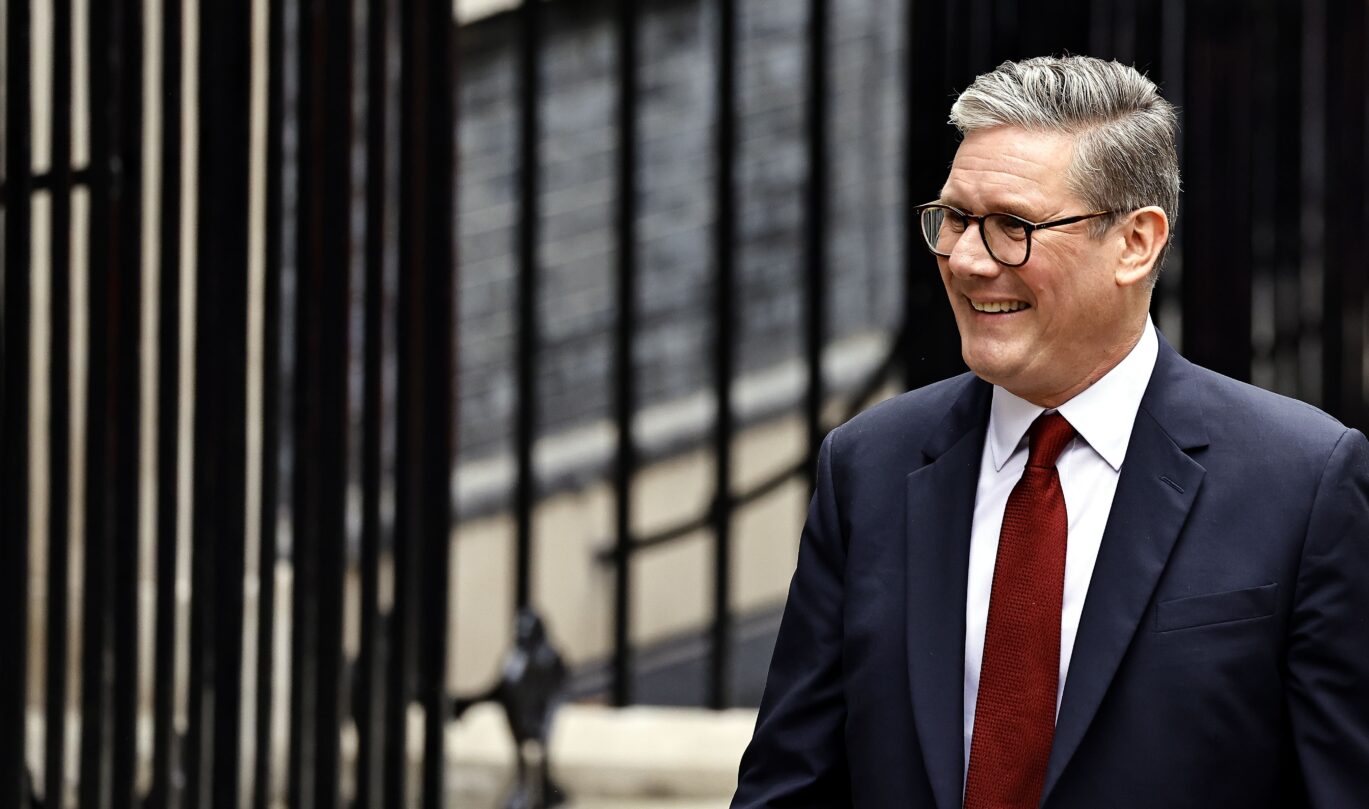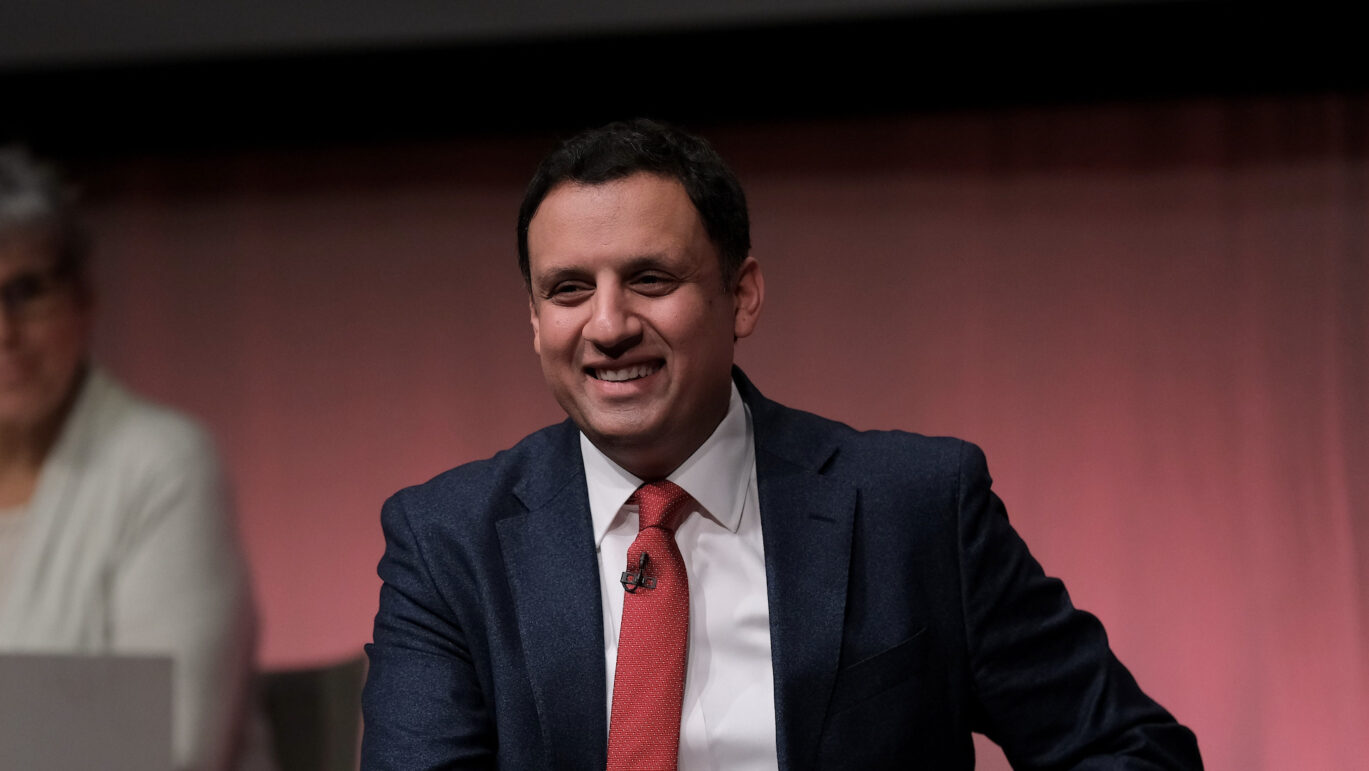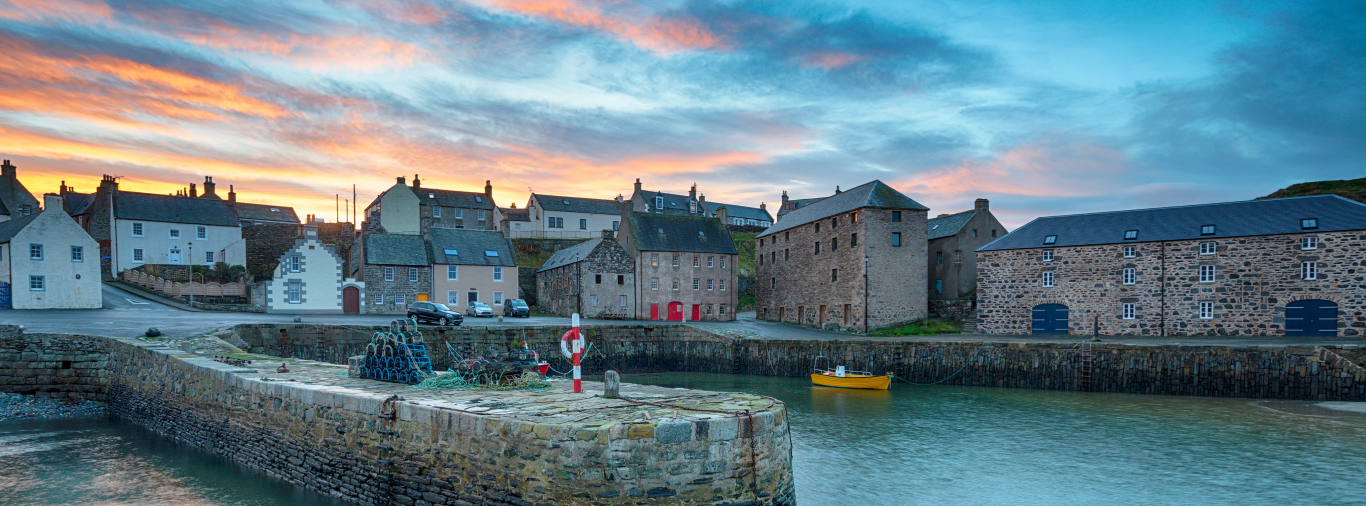
- Insight & Analytics
- Labour
- Political Analysis
- SNP
Is it enough to stem the tide?
While Humza Yousaf tried to use yesterday’s Programme for Government to reset his leadership, Scotland’s opposition parties tried to use it to stake out new lines of attack on his administration. First among their areas of focus is economic growth, which both the Scottish Conservatives and Scottish Labour believe is a significant blackspot on the SNP government’s record.
This strategy was revealed even before the Programme for Government was announced. Just last week the Scottish Conservative Party leader Douglas Ross launched a well-received plan for growth. Only days later Scottish Labour Party leader Anas Sarwar followed suit, announcing a new expert advisory panel to inform his economic policy, as well as – crucially — a presumption against further income tax rises. As both Ross and Sarwar set out their pro-growth stalls, they also highlighted research for True North by Survation, which suggested people in Scotland no longer feel they get value for money from public services, despite the highest income tax burden in the UK.
While such a move may be expected from the Scottish Conservative Party – indeed, reducing income tax in Scotland has been their long-standing position – it is a significant change for the Scottish Labour Party.
Sarwar is attempting to outflank the SNP from the centre by winning over middle-class Scots currently disgruntled at the state of public services and perhaps more conscious of tax bills due to cost-of-living pressures. Of course, there is little detail yet on what, if anything, Scottish Labour would sacrifice to keep tax bills down, but one of the luxuries of opposition is being able to avoid such awkward decisions.
But while a significant change, Scottish Labour’s stance should not come as a great surprise. Not only is it good politics to oppose further tax rises, it also fits with the UK party’s wider direction. As Sir Keir Starmer’s latest reshuffle at Westminster showed, the political heirs of Tony Blair are once again in the ascendency. It is therefore thoroughly in keeping that the Scottish party is slowly reverting to an unapologetically pro-growth, pro-business agenda once again as well.
Keep in touch
Sign up to our newsletter.
"*" indicates required fields









